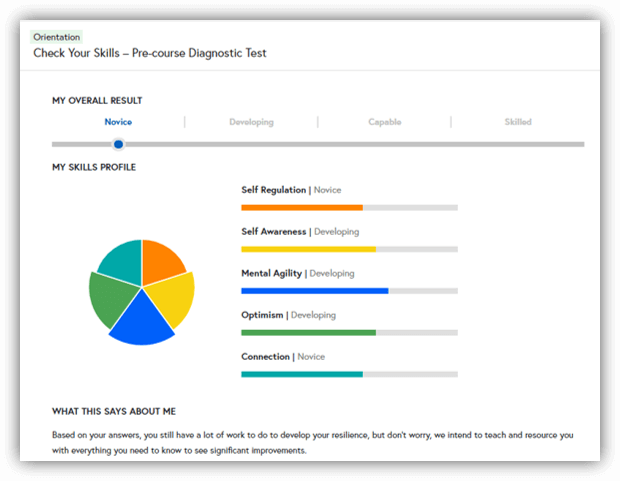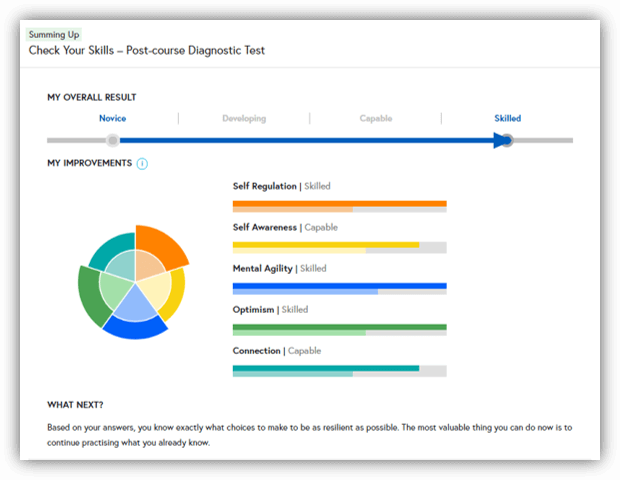With the summer’s GCSE and A level exams cancelled for a second year running here in England, the debate about what should take their place was stoked once again. Recently, as expected, the government confirmed that teachers would be responsible for assessing all students.
The ongoing difficulty of staging in-person written examinations has also given fresh energy to the debate about whether the current assessment regime is valid at all. In particular, there are questions whether GCSEs are fit for purpose especially given that they were originally conceived as a school leaving exam but education in England now continues until 18.
What’s wrong with the current exam system?
Last year a campaign called Rethinking Assessment was launched with the tagline: “Our exam system is a mess. Now is the time to reshape it”. Chief amongst Rethinking Assessment’s concerns are that the exam system is stressful and does not reflect students’ true abilities, that employers complain the results do not tell then enough about a candidate’s potential and that school leaders feel the pressure to deliver good exam results distracts from the ability to provide a well-rounded education.
For those interested in the possibility of reforming the system, an excellent round up of alternative assessment models around the world is available on the campaign’s site. Rethinking Assessment’s advisory group includes some influential names in education and the Head Master of Eton College (which owns my company, EtonX) has voiced his support.
What else could we be assessing?
Since 2015, EtonX has been focussing on rounding out teenagers’ education by offering future skills rather than supporting the standard exam curricula. Our online Future Skills programme covers skills such as resilience, creative problem solving, critical thinking and assertiveness. These are vitally important skills which even if they are developed as part of a student’s education, are not often assessed nor showcased in any formal way.
When we began developing our Future Skills courses, we did not find a universally accepted framework or assessment criteria on which to map our syllabuses. (The Rethinking Assessment round up shows that this is now becoming an area with more focus in many education systems.)
We developed our own syllabuses out of intensive discussions with educators at Eton and analysis of what was working in face-to-face settings. We also began the journey of creating an assessment regime that made sense for these skills. At launch we combined three different types of assessment:
- Self-assessment – by asking students to take a confidence survey at the beginning and the end of our courses. Confidence that you can do something is an important factor in applying a skill to everyday life.
- Knowledge Test – to check retention of core concepts.
- Tutor assessment – the most important form of assessment: tutors assess student’s skills either through a submitted assignment or through a practical assessment within our virtual classroom.
New skills assessment
In January we relaunched all our Future Skills courses with a diagnostic test at the start and end of every course.
The EtonX Diagnostic Tests measure students’ level in five or six sub-competencies which make up the overarching skill that students are learning. For example, for the Making an Impact course the sub-competencies are Assertiveness, Effective Communication, Interest in others, Building Trust and Influencing and Persuading. The test format is one commonly known as a situational judgment test, in which test-takers are presented with a series of real-life scenarios and four plausible responses for each one. They must proceed to choose their most likely and their least likely behaviour from the given responses.
Students take two diagnostic tests during their course, one on entry to the course (Orientation section) and another test at the end (Summing Up section) with the aim of measuring the impact of the course on their skill levels. When students complete the tests, they receive a visual profile of their strengths and areas of challenge to help guide their learning both during and after the course.

Pre-course Diagnostic Test showing a student’s skills profile.

Post-course Diagnostic Test showing improvements in a student’s skills profile.
We felt this visualisation was important because we were very aware that students do not all come in at the ‘ground floor’. Their natural aptitudes, their environment and experience to date will all have shaped their skill level.
Learning from the data
The next step for EtonX will be to assess the data generated by the thousands of students who will complete these tests in the UK and internationally this year. We may begin to pinpoint variations between regions, age or gender. The insights we gain will inform new course development and future assessment strategies.
We will therefore be able to contribute to the ongoing debate about how to define, develop and measure soft skills – and how these should be included in the assessment of young people at the end of their school careers.
